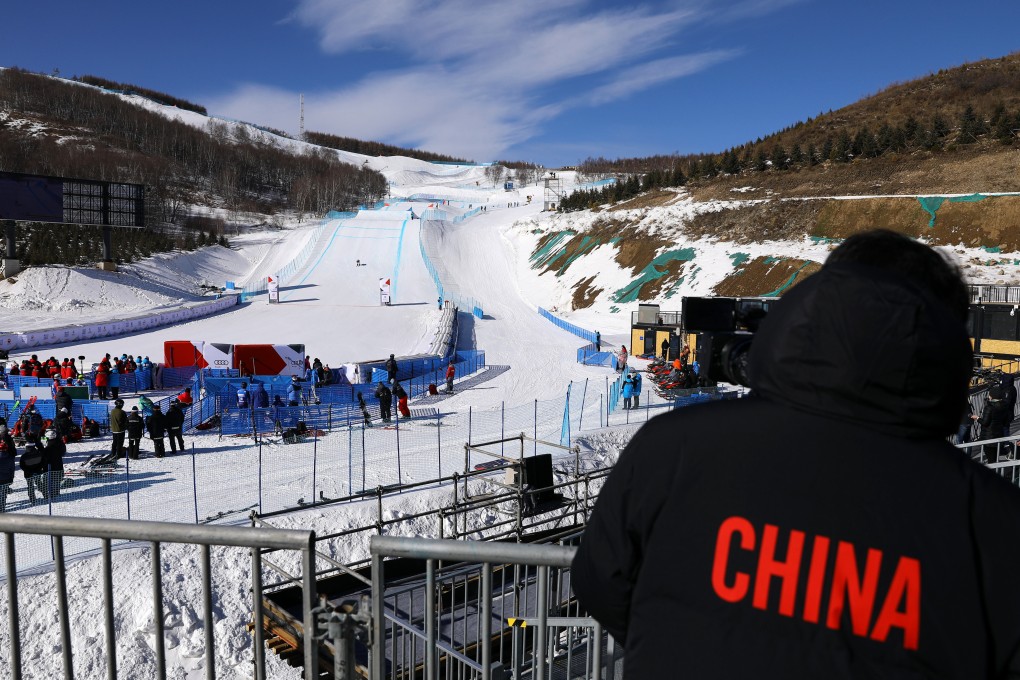Advertisement
Peng Shuai: IOC defends handling of human rights concerns in China ahead of Beijing Winter Olympics
- Critics accuse IOC of ignoring human rights issues but it says awarding the Olympics does not equal taking a stand on a host’s politics or other matters
- Zhang Gaoli, retired political figure at centre of sexual assault allegation, ran Beijing Winter Olympics working group, met IOC president Thomas Bach in 2016
Reading Time:2 minutes
Why you can trust SCMP
46

The International Olympic Committee (IOC) continued to defend its handling of human rights concerns relating to China, the host of the 2022 Winter Olympics, as more countries say they are considering a diplomatic boycott.
Australia has joined the United States and Canada, major winter sport countries, in considering a diplomatic boycott of the Games, expected to be held in Beijing within months, The Sydney Morning Herald reported on Thursday.
The IOC said it awarded Games to a national Olympic committee and a host country, but that did not mean taking a position regarding the political structure, social circumstances or human rights standards of a country.
“The IOC has neither the mandate nor the capability to change the laws or the political system of a sovereign country. This must rightfully remain the legitimate role of governments and respective intergovernmental organisations,” an IOC spokesperson said in a statement.
Advertisement
The Games organiser has been accused by rights groups and politicians outside China of turning a blind eye to alleged crimes against humanity in China’s far-western region of Xinjiang, where the Turkic-speaking Muslim minority Uygur people have been subjected to mass internment, forced labour and birth control campaigns.
The calls for a boycott grew louder after Chinese tennis star and Olympian Peng Shuai disappeared from public view following a post on her Weibo social media account on November 2, where she accused a retired senior government official of coercing her into sex.
She reappeared in public last Sunday after an outcry, and the IOC said she had a 30-minute video call with its president, Thomas Bach, the same day.
Advertisement
Select Voice
Select Speed
1.00x
